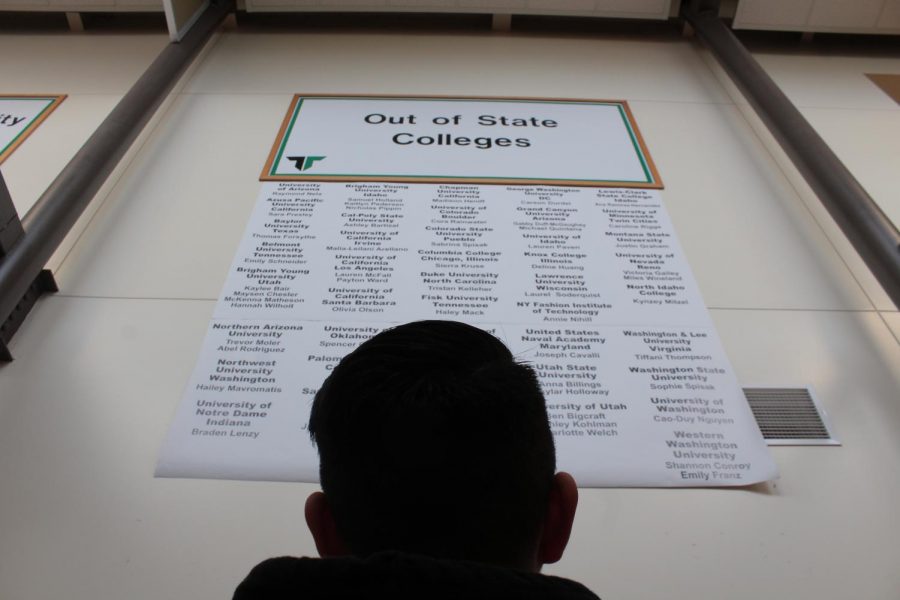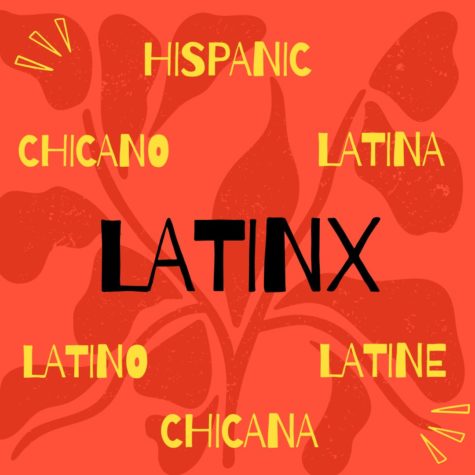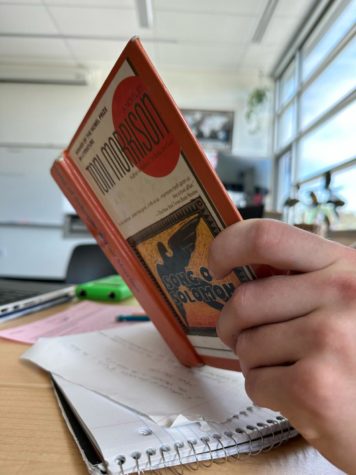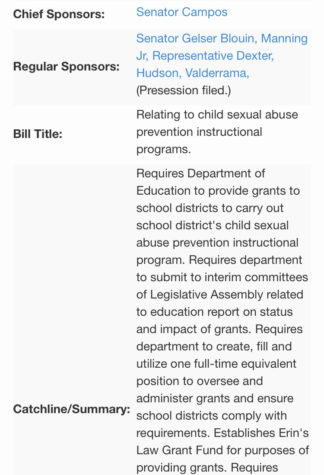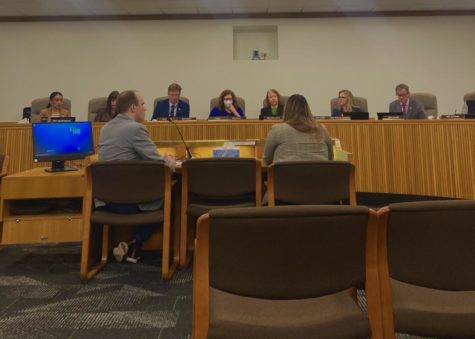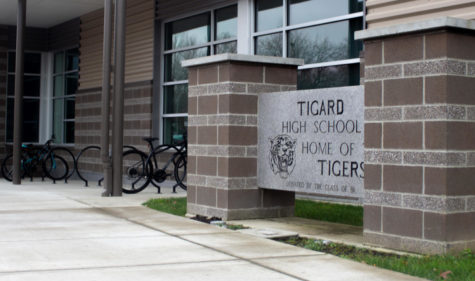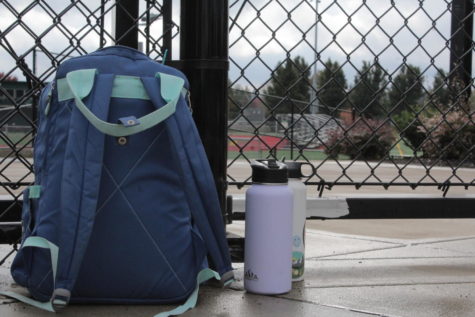Unfair, but not unexpected
A closer look reveals admissions into elite colleges has always been for sale.
The college admissions scandal indicted parents for buying their children way into elite schools.
April 10, 2019
Fifty people including Full House actress Lori Loughlin (Aunt Becky), Felicity Huffman and many more members of the elite are facing federal fraud charges for their participation in a college admission scheme. The Department of Justice alleges that the parents paid millions of dollars to fake SAT scores, athletic participation, awards, honors and more. Some even going as far as to photoshop their children into playing sports to gain fake athletic admission statues. Schools including Yale, Georgetown, University of Southern California, and Stanford were named in the report.
For many, the scandal was surprising. But a closer look reveals admissions into elite colleges has always been for sale.
The admissions process was designed for the benefit of wealthy and upper middle class families. Things that are considered in the “holistic” admissions process– extracurriculars, SAT scores, awards, and honors–already put students who can afford it at an advantage.
Studies have also found that these tests tend to be better at exposing racial, household income and parental education gaps than they are at predicting student academic success and potential. But throughout the admissions process, these tests are weighted heavily, and largely favor those who can afford to prepare.
Wealthy families have another easy loophole into their dream school: donations. It is no secret that families who make continued, high value donations to elite schools–such as libraries, sport team equipment, or other “in-kind” donations–give their children a leg up in the admissions process. throughout the admissions process, these tests are weighted heavily, and largely favor those who can afford to prepare
Additionally, many of the involved schools had not only their prestige, but also the quality of their education scathed by the admissions charges. Schools like Yale and University of Southern California boast their reputation as highly prestigious educational institutions. The University of Southern California claims on it’s website that students will receive “As a top-ranked private research institution, the University of Southern California offers everything you are looking for: an interdisciplinary education informed by a global perspective, more academic opportunities than any other American university.” Many found that fact that students who illegally bought their way into these elite schools were able to adapt to the intense academic climate says more about the quality of education at the schools than the knowledge of the students. If an average student can survive a bought-Yale education, is the school really as prestigious as it claims?
For years, America’s elite have had a monopoly over the college admissions process. With the recent scandal, it can be assumed that this is only the tip of the iceberg of how much or how deep the corruption goes. I found myself thinking about how unfair the “pay your way” technique was, but I didn’t think it was unexpected. The true problem with college admissions is deeply rooted in systematic inequality of higher and lower socio-economic groups. Convicting the parents of the students who bought their way in may set a precedent for others attempting to do the same thing but won’t change the systemic advantages already given to developmental cases, legacy applicants, or students who can afford them. The college admissions process isn’t going to become fair anytime soon, and without reform to the structural issues that give wealthier students an advantage over poorer ones, it may never be entirely.


